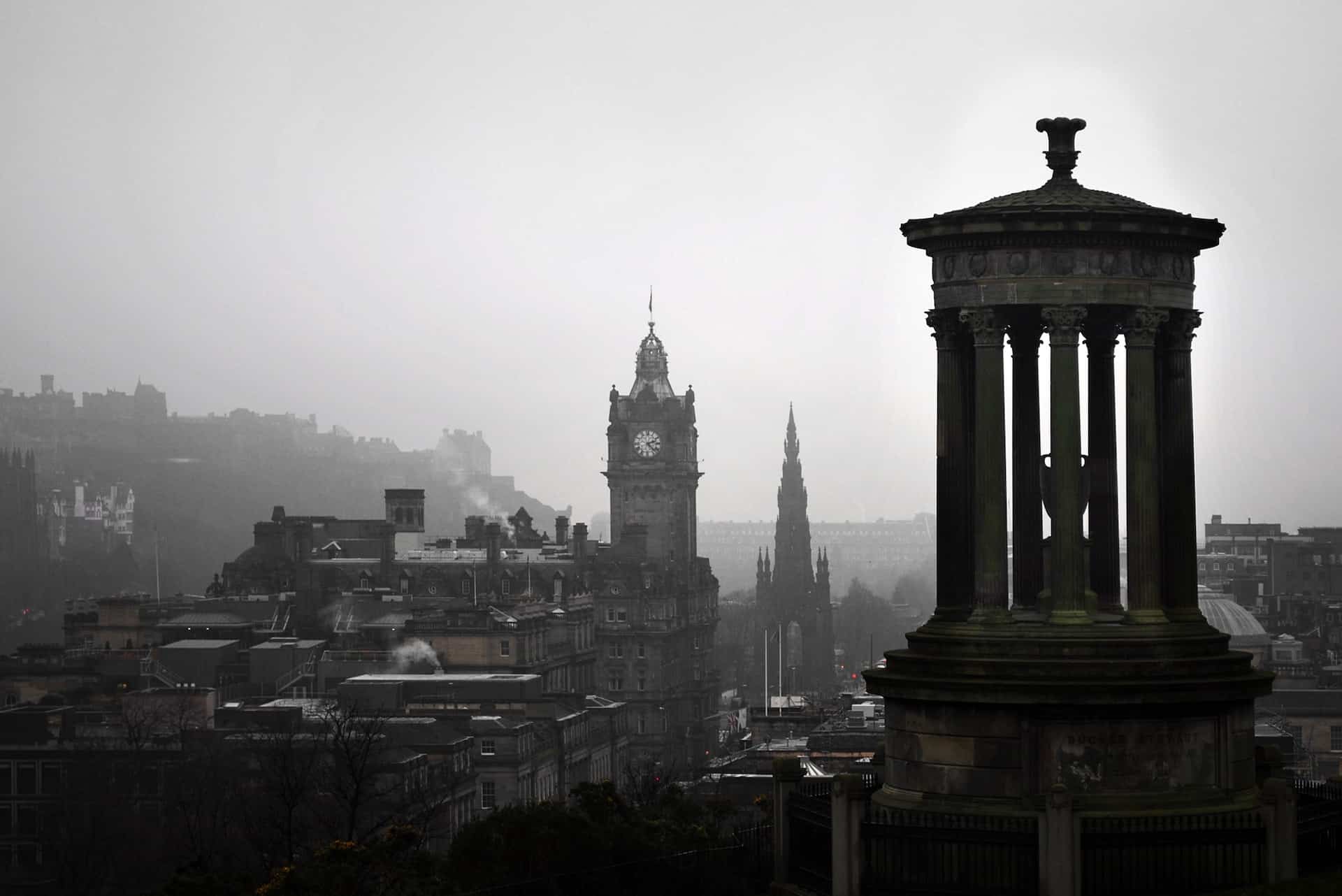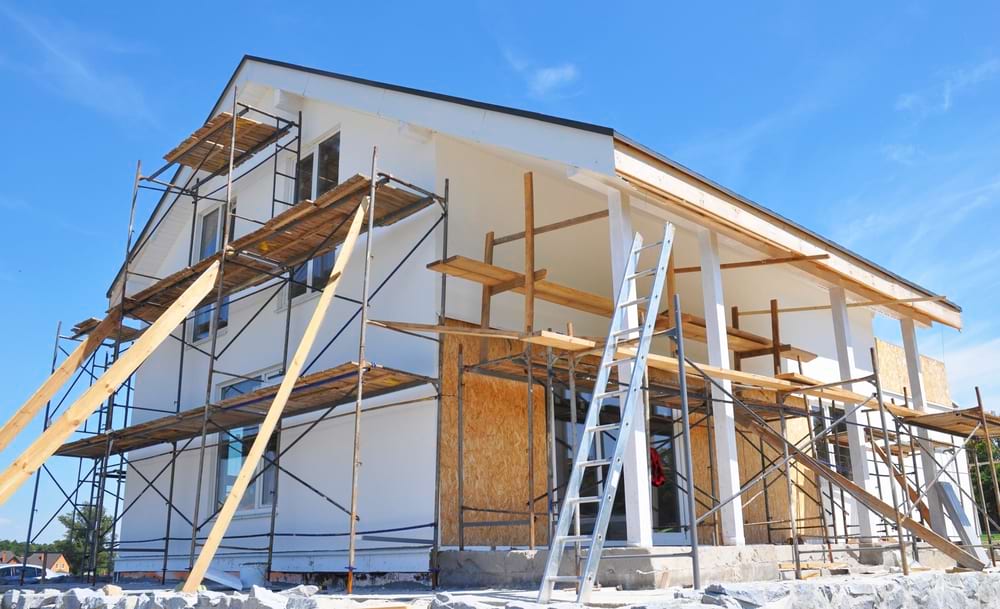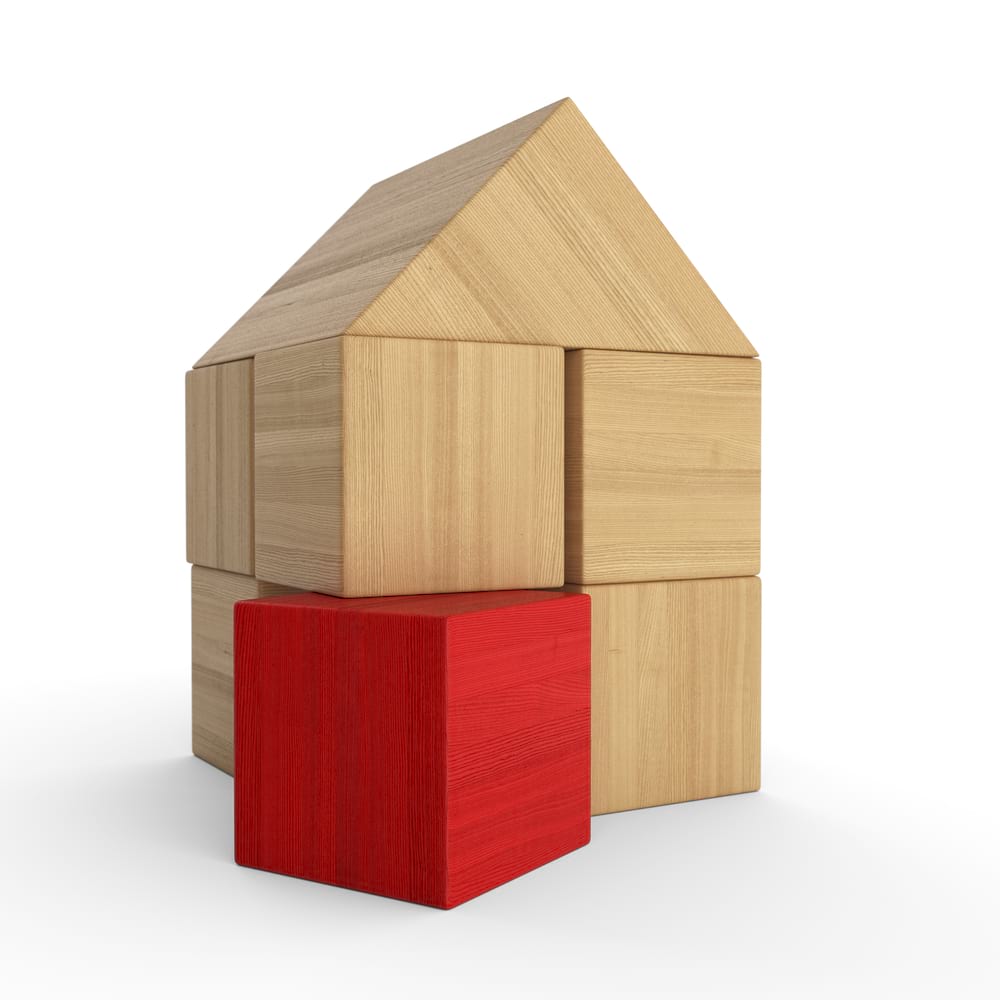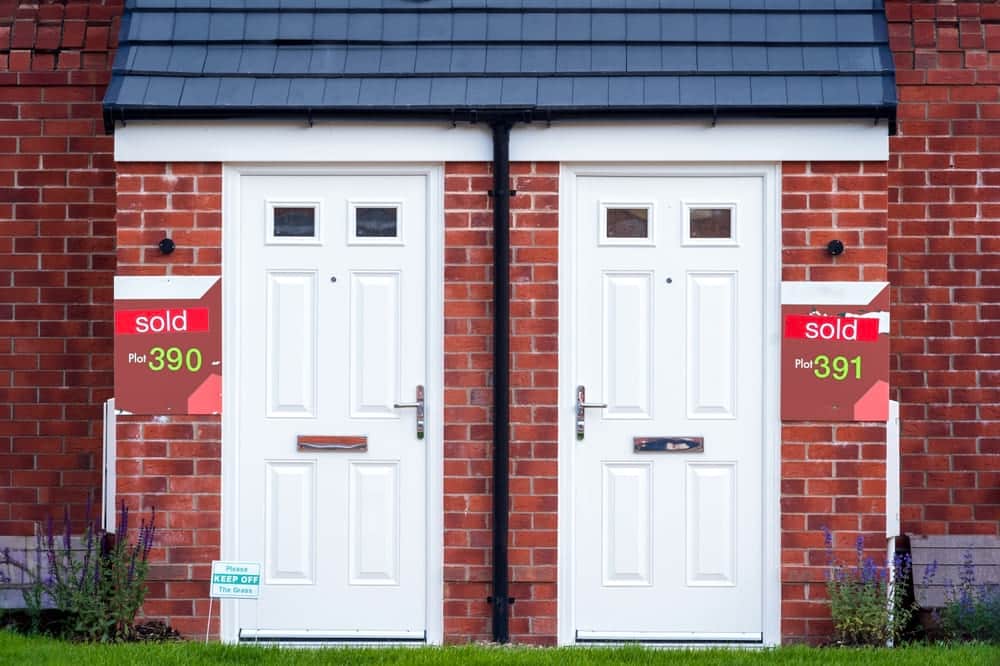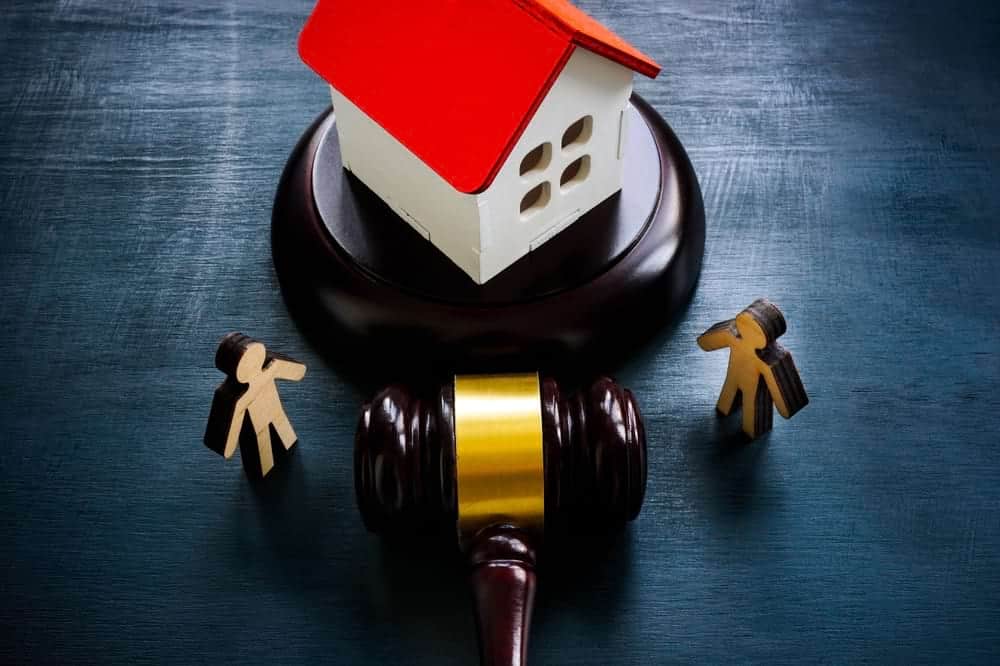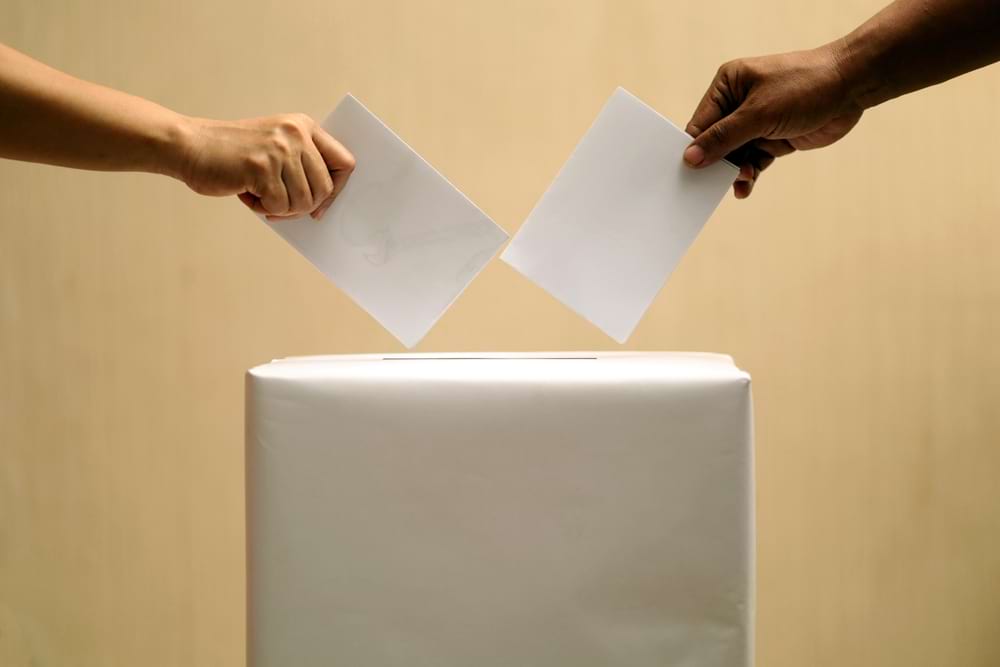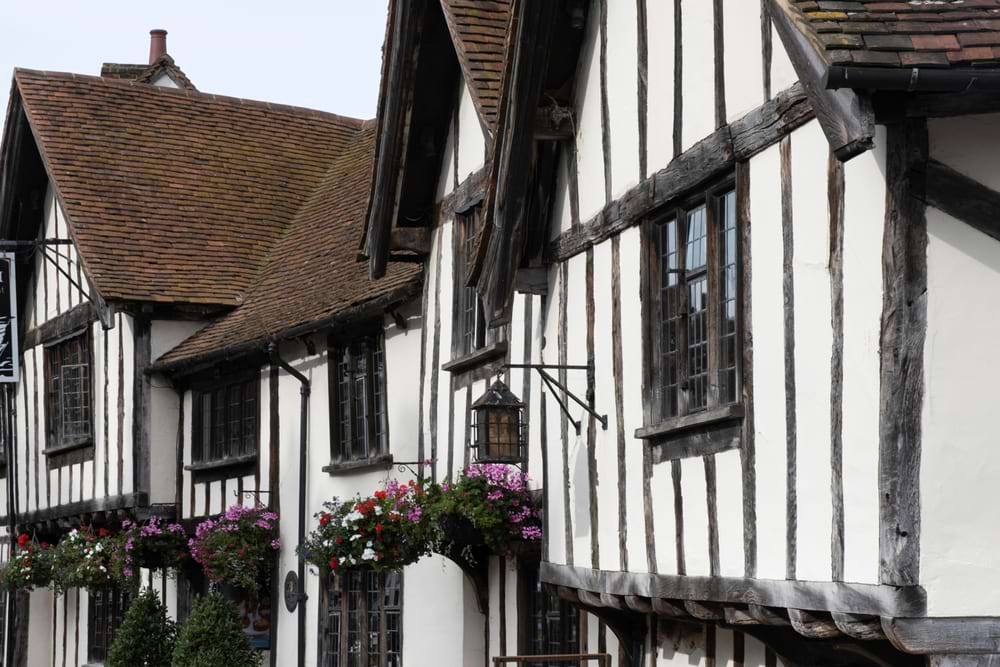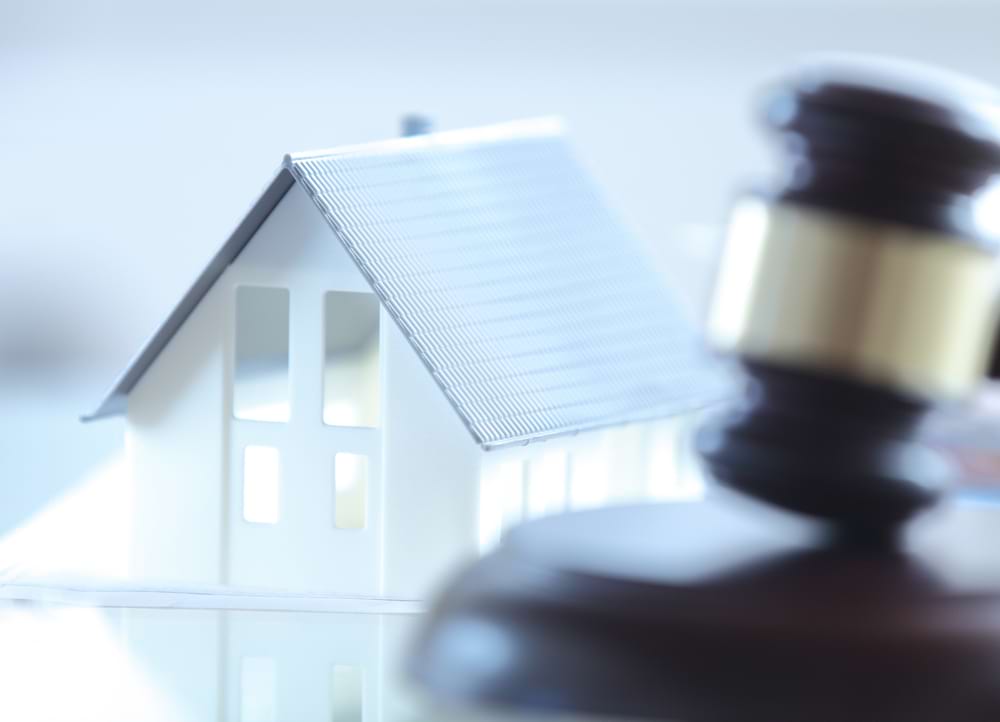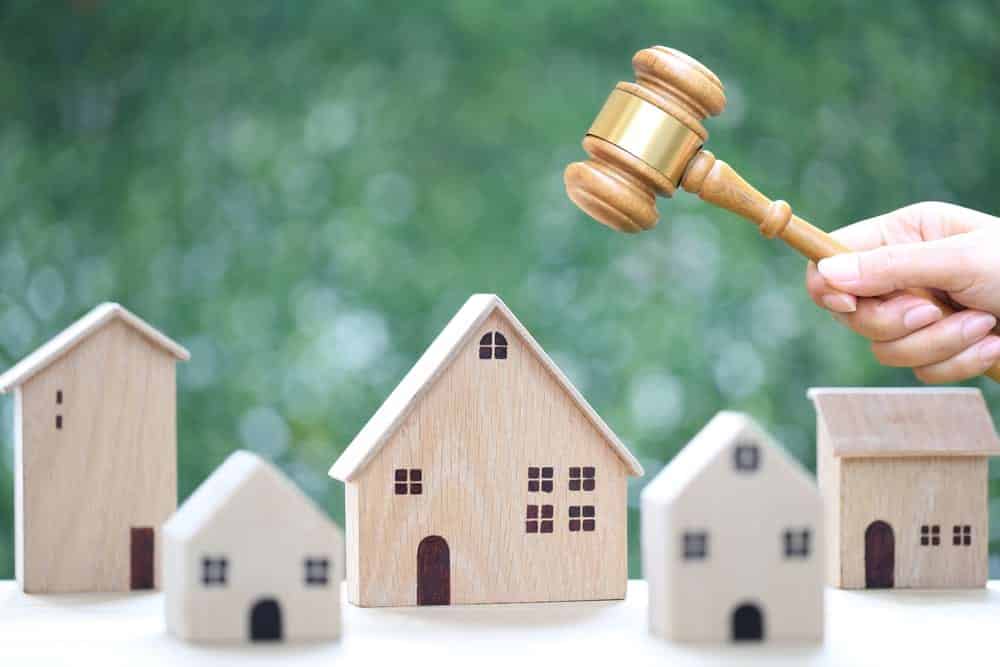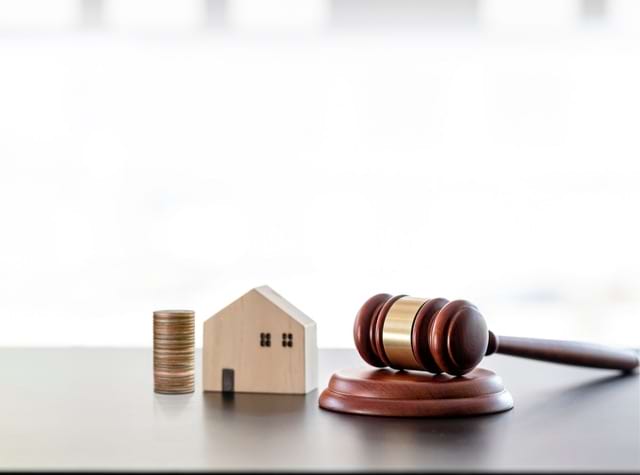Buyers need to be aware of Scotland’s equivalent of Stamp Duty before buying properties there.
It’s called Land and Buildings Transaction Tax (LBTT), and it has some important differences to Stamp Duty.
Like Stamp Duty, it can significantly increase the cost of a property.
Let’s take a closer look at what it is and how exactly it works.
What is Stamp Duty?
Stamp Duty is a tax levied on property transactions.
It applies to residential and commercial properties and land or property ownership transfers. The property buyer pays for it.
Failure to pay Stamp Duty can result in penalties and fines, and it’s essential to seek professional advice to ensure that the tax is calculated correctly and paid.
How is Stamp Duty tax calculated?
Stamp Duty is calculated as a percentage of the purchase price.
Its precise value depends on a property’s purchase price, location, and the buyer’s circumstances.
For example, first-time homebuyers may be eligible for relief from Stamp Duty, while higher-value properties will attract a higher tax rate.
Why is Stamp Duty different in Scotland?
In Scotland, Stamp Duty’s equivalent is Land and Buildings Transaction Tax (LBTT).
LBTT differs from Stamp Duty in the rest of the UK because the Scottish government is devolved and has the power to set its own taxes and tax rates, including those on property transactions.
This allows Scotland to tailor its property tax system to meet its specific needs and priorities, such as supporting first-time homebuyers or funding public services.
How is Stamp Duty (LBTT) different in Scotland?
LBTT in Scotland operates differently from Stamp Duty in the rest of the UK. It has its own rules and rates.
Some critical differences include the following:
1. Different rates
Scotland has stamp duty rates and thresholds, which differ from those in England, Wales, and Northern Ireland.
2. Progressive Tax
In Scotland, the rate of LBTT increases with the property’s purchase price, with higher-value properties attracting a higher tax rate.
No tax on the first £145,000 purchase price will be paid when purchasing a property.
Buyers will pay:
- 2% between £145,000 and £250,000
- 5% on any amount between £250,000 and £350,000
- 10% on any amount between £350,000 and £750,000
- 12% on anything over £750,000
This can add up quickly.
3. Reliefs and Exemptions
Scotland has reliefs and exemptions from LBTT, including relief for first-time homebuyers and a higher threshold for properties below £250,000.
4. Collection and administration
In Scotland, LBTT is administered by the Scottish government, and the revenue collected is used to fund public services in Scotland.
It’s essential for buyers to be aware of the differences between Stamp Duty in Scotland and the rest of the UK to ensure that they are aware of their obligations and the correct amount of tax is paid.
What counts as an ‘Additional Dwelling’ in Scotland?
In Scotland, Additional Dwelling is a term used to describe a second property purchased alongside a primary residence.
When buying an additional dwelling in Scotland, buyers must pay an Additional Dwelling Supplement (ADS) as part of their LBTT bill.
The definition of an Additional Dwelling can include a wide range of properties, including second homes, buy-to-let properties, holiday homes, and properties purchased for family members.
It also includes properties bought before and in addition to the sale of a main residence. This latter category includes holiday homes.
Sell your property in Scotland with We Buy Any Home
We Buy Any Home pays cash for houses. We work across the UK, so we can help you sell your house quickly in Scotland. We can offer free cash on any house, regardless of type.
We provide a 100% cash offer and use our funds to purchase your property at a set price at a time that suits you. We’ll fully manage the process from beginning to end.
At We Buy Any Home, we help customers sell houses fast in Glasgow and across the UK. We’re the number one UK home-buying company for a reason. We do this through our simple process.
Interested? Fill in our enquiry form below for a cash offer for your house.
